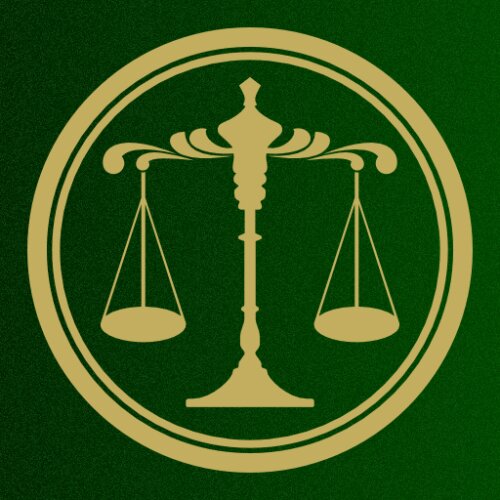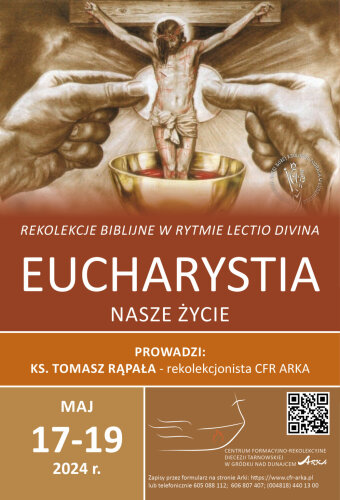Best Faith-Based Law Lawyers in Poland
Share your needs with us, get contacted by law firms.
Free. Takes 2 min.
Or refine your search by selecting a city:
List of the best lawyers in Poland
About Faith-Based Law in Poland
Faith-Based Law in Poland primarily addresses the intersection of religious practices and state laws. It involves legal issues where religion plays a significant role, including marriage, education, charitable activities, and the recognition of religious entities. Faith-based legal considerations in Poland must comply with the constitutional framework, which upholds the freedom of religion while ensuring that religious practices do not contravene public order or civil rights.
Why You May Need a Lawyer
There are several situations where you might require legal assistance in the domain of Faith-Based Law:
- If you're dealing with legal disputes involving religious organizations or entities.
- When navigating the establishment or registration of a religious entity in Poland.
- If you need to address conflicts between religious obligations and civic responsibilities.
- In cases involving religious discrimination in workplaces or public settings.
- For legal advice on faith-based education and adherence to Polish educational regulations.
Local Laws Overview
Poland recognizes the importance of religious freedom as enshrined in its Constitution. However, various laws regulate the activities of religious organizations, such as the Act on Guarantees of Freedom of Conscience and Religion. This law outlines the status and rights of churches and religious associations, detailing conditions for their registration and operations. Moreover, the Concordat with the Vatican regulates certain aspects of Catholic Church operations in Poland, like religious education in schools and marriage solemnization.
Frequently Asked Questions
What is Faith-Based Law in Poland?
Faith-Based Law refers to legal issues and concerns that involve religious principles, practices, or entities, and how they are integrated within the Polish legal system.
Can faith-based organizations register as legal entities in Poland?
Yes, religious organizations can register in Poland, granting them legal entity status with specific rights and responsibilities according to Polish law.
Are religious marriages recognized by the Polish state?
Religious marriages are recognized in Poland, especially those conducted by the Catholic Church, following specific legal agreements like the Concordat, but must comply with civil registration requirements.
What legal protections exist against religious discrimination in Poland?
Poland's Constitution and other laws prohibit discrimination based on religion, ensuring legal measures are available for those experiencing religious discrimination.
How does the Polish legal system handle conflicts between law and religious practices?
The Polish legal system respects religious practices but maintains that they must not infringe upon public policy or the fundamental rights of others, balancing religious freedom with civic responsibilities.
Are there specific legal frameworks for faith-based education in Poland?
Yes, Poland has frameworks allowing faith-based schools to operate, but they must adhere to national educational standards and curricula while incorporating religious teachings.
What is the role of the Concordat in Polish Faith-Based Law?
The Concordat is an international treaty with the Vatican, outlining specific privileges and obligations of the Catholic Church in Poland, influencing areas such as education and marriage.
How are charitable activities by religious organizations regulated in Poland?
Charitable activities by religious organizations are permitted and regulated, ensuring accountability and compliance with Polish law governing non-profit activities.
Do faith-based laws affect tax statuses of religious entities in Poland?
Yes, registered religious entities often receive tax exemptions or reductions under Polish law, provided they meet specific criteria and operate within the legal framework.
Are faith-based employment laws different from other employment regulations?
While general employment laws apply, religious organizations may, in certain cases, hire individuals whose beliefs align with their religious standards, within legal boundaries to prevent discrimination.
Additional Resources
Consider reaching out to the following resources for more information:
- The Ministry of Justice in Poland provides relevant legal guidance and resources.
- The Polish Ombudsman offers support and advice on religious rights and discrimination issues.
- Legal aid organizations, including those with expertise in religious law, can offer guidance.
- Churches and recognized religious bodies often have legal advisors who can provide assistance.
Next Steps
If you require legal assistance in Faith-Based Law, consider the following steps:
- Identify the specific legal issue involving Faith-Based Law.
- Prepare pertinent documents and information relevant to your case or query.
- Consult with a lawyer specializing in Faith-Based or religious law in Poland for tailored advice.
- Consider using governmental or non-profit legal resources if private legal services are inaccessible.
- Stay informed about your rights and obligations under Polish law to prevent and resolve conflicts.
Lawzana helps you find the best lawyers and law firms in Poland through a curated and pre-screened list of qualified legal professionals. Our platform offers rankings and detailed profiles of attorneys and law firms, allowing you to compare based on practice areas, including Faith-Based Law, experience, and client feedback.
Each profile includes a description of the firm's areas of practice, client reviews, team members and partners, year of establishment, spoken languages, office locations, contact information, social media presence, and any published articles or resources. Most firms on our platform speak English and are experienced in both local and international legal matters.
Get a quote from top-rated law firms in Poland — quickly, securely, and without unnecessary hassle.
Disclaimer:
The information provided on this page is for general informational purposes only and does not constitute legal advice. While we strive to ensure the accuracy and relevance of the content, legal information may change over time, and interpretations of the law can vary. You should always consult with a qualified legal professional for advice specific to your situation.
We disclaim all liability for actions taken or not taken based on the content of this page. If you believe any information is incorrect or outdated, please contact us, and we will review and update it where appropriate.
Browse faith-based law law firms by city in Poland
Refine your search by selecting a city.
















